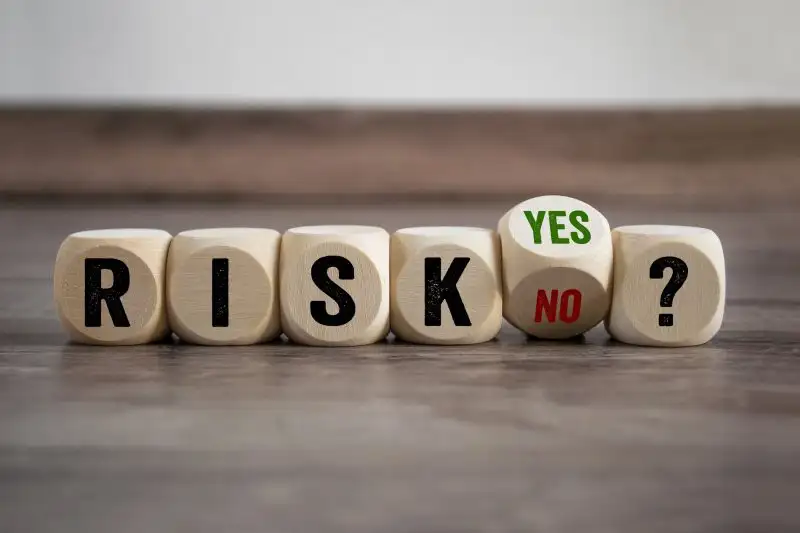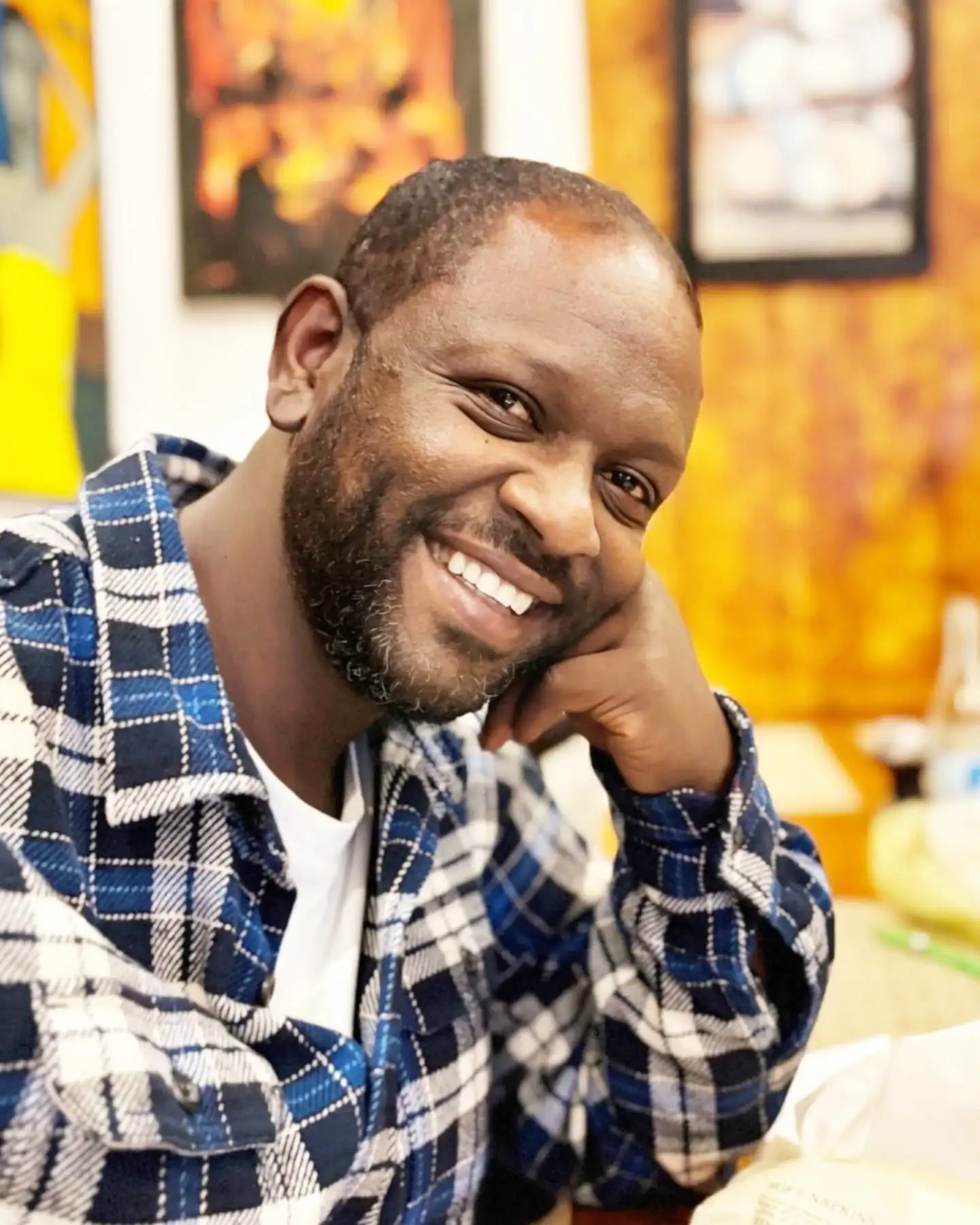By: Staff Contributor
The internal revolution I’m undergoing didn’t arrive with a spark; it was an explosive reaction to the realization that the "chorus of caution" ringing in my ears wasn’t a protective barrier, it was a prison, meticulously constructed to smother my ambition.
I’m utterly exhausted by the endless, defensive refrains the insidious whispers in my own head and the weary cynicism cast by almost everyone around me. Those familiar, worn-out phrases "It won't work," "It's too risky," "You haven’t thought this through enough to start" they aren't careful prudence; they are the language of collective intellectual surrender.
The constant exhaustion I feel isn’t just from the outside world; it’s from the deep, energy-sapping battle against my own ingrained learned helplessness, the paralyzing instinct to complain about my circumstances instead of constructively building a way out.
I’ve finally grasped that this pervasive caution isn't a safety net at all; it’s a ceiling. And I reject it, utterly. My entire internal dialogue has shifted, abandoning the passive vocabulary of limitations for the aggressive, engineering mantra of: "How can I do it?" I no longer need someone to assure me the path will be easy; I need a co-conspirator who will simply agree that the goal will be achieved, because I am committing every available resource and every fiber of my being to finding the necessary means.
This choice to pivot my focus, to start with the assumption of success and work backward to design the process, feels like the most profound, dignified reclamation of personal agency I could ever experience. This shift in mindset wasn't born in a library; it was forged by simple, repeated observations on the streets of Addis.
I would walk through Bole, 4kilo or cut across Piazza and, initially, I would fall into the old pattern of seeing what the cautious critics see: market oversaturation. I mean, look at the staggering commercial density! How is it possible that three small, glass-fronted boutiques selling nearly identical imported clothes can be crammed onto one corner, or that a dozen shiro,coffe and tibs houses are clustered shoulder-to-shoulder?
The instinctive, fearful business reaction is to declare inevitable, instant failure. But then the obvious, undeniable truth hits me with the force of a punch: they survive. Their doors are not closed. Their enduring, chaotic, collective presence isn't proof of market failure; it is powerful, empirical proof of constant, resilient, and ravenous demand fueled by a massive, dynamic urban population hungry for goods and services. When five similar businesses fiercely compete in a tiny catchment area, they are collectively spending zero on market validation; their simple, chaotic existence shouts the idea is valid and profitable.
It tells me the opportunity is absolutely viable; it just demands that I bring a level of relentless differentiation and execution the others aren't willing to match. I don’t have to invent the next big thing; I just need to deliver a marginally superior service, cultivate a uniquely welcoming atmosphere, or focus relentlessly on a sliver of the customer base. I realize the market isn't a monolithic, one-shot jackpot; it’s a thousand constantly regenerating small bets, and I only need one of those to start building momentum.
The philosophical extension of this street-level observation leads directly to my deepest personal annoyance: the culture of comfortable apathy—that self-defeating complaint I hear daily. I often think about the ride-hailing drivers who lament their pay and treat me, the customer, like an annoying intrusion from the moment I step into their car. This isn't just poor business; it's a profound failure of personal responsibility. If the pay is genuinely insufficient, if the service model is flawed, then the beautiful, difficult truth of a truly free market is that you can choose to change. You are not structurally trapped. This has become my hardest, yet most soul-liberating lesson: What you are not actively changing, you are, by default, choosing to accept.
The continuous, ritualistic complaint, without commensurate effort to innovate their service (a cleaner car, better routing, superior courtesy) or to exit the flawed business entirely, is a tragic form of passive resignation. It is the very antithesis of the raw, hopeful entrepreneurial spirit I admire in the street vendors fighting for every single sale. I refuse to surrender my own agency to that kind of intellectual paralysis. I will not use my limited, precious life energy to justify my own stagnation.
My gaze is constantly lifted to the city around me—the new, ever-sharpening skyline of Addis Ababa—its developments booming, its energy palpable and undeniable. This transforming cityscape isn’t just a view out the window; it is a mandate for my personal transformation. The entire nation is rapidly building a world of immense, structural opportunity, and I feel a deep, almost moral obligation to rise and meet its pace. My personal ambition is simply synchronizing with this powerful national trajectory. My newfound assurance might be scornfully labeled "blissful ignorance" by those who've tried, failed, and retreated, but I recognize it as the uncontaminated perspective of the motivated. I haven't been poisoned by their retreat; I've been galvanized by the boundless potential they tragically missed.
I see this massive structural shift and I am ready to match it with individual audacity. I am ready to take the personal bet, wholeheartedly. I am willing to try, I am willing to fight, and I am willing to learn and grow, viewing every single setback not as a final verdict but as expensive, indispensable data that clarifies the next move. I am choosing change over complaint, recognizing that the financial independence I’m chasing is not just a sum of money, but the inevitable byproduct of a life committed to consistent action in this dynamic, demanding, and utterly compelling new era of Addis Ababa.
This is the only way I know how to truly honor the potential I see both in this magnificent city and, finally, within myself.




